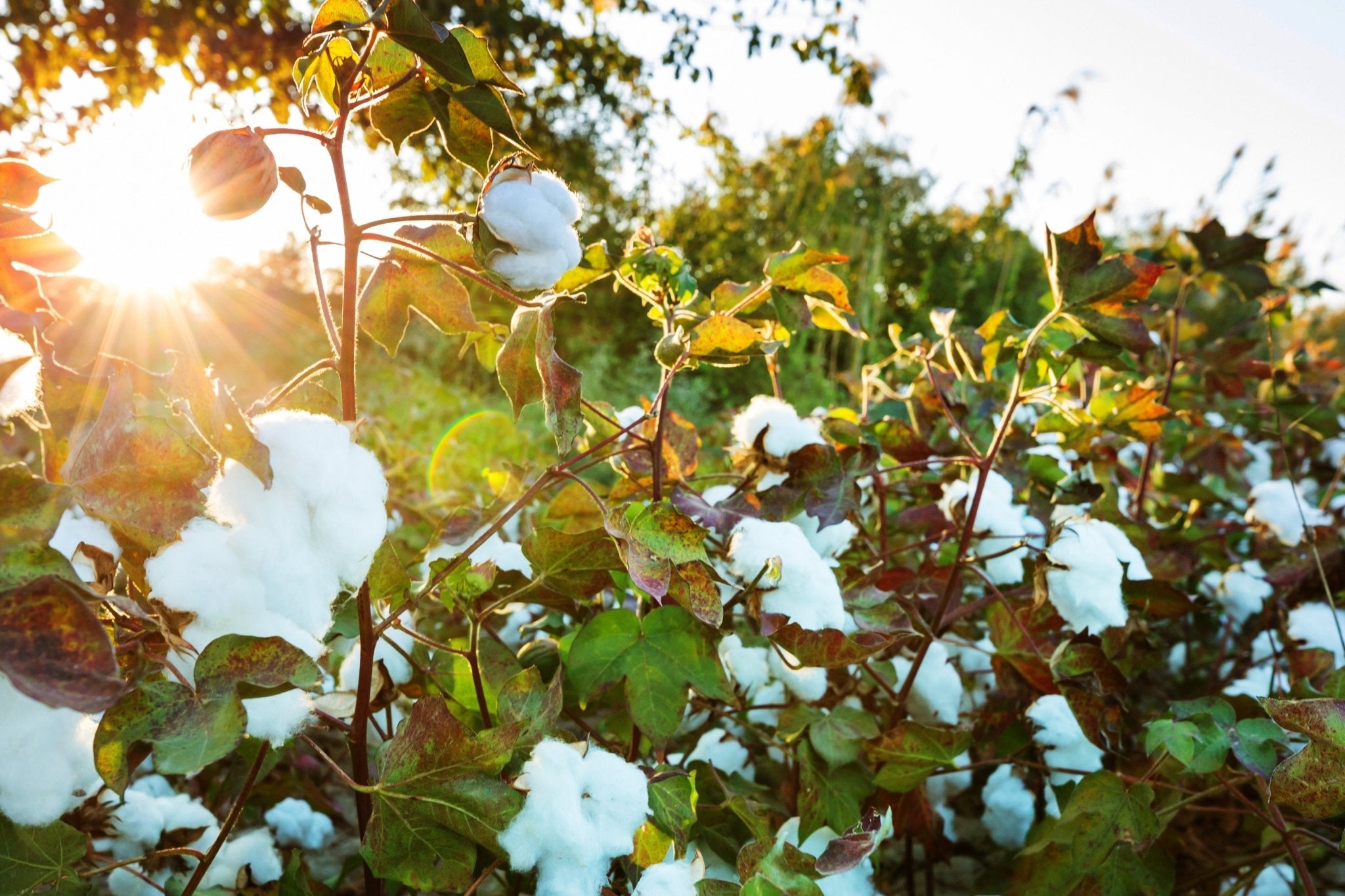
Are Cotton Reusable Nappies really Eco-Friendly?
Cotton as a material is perceived to be an eco-friendly material. It is often marketed with words like natural, plant-based and biodegradable. All of which is true. Does this mean that cotton is a good choice when it comes to source materials for things like reusable nappies? Let’s look at the production and processing of cotton to work it out.

According to worldwildlife.org, cotton has significant environmental impacts.
Firstly, cotton cultivation severely degrades soil quality, leading to soil erosion. Not to mention the progressively large land area required to grow cotton, which is obtained through the destruction of habitats.
Secondly, substantial amounts of fertilizers and pesticides are required to grow cotton, creating toxic a toxic mix that leaches into the soil affecting other plants and polluting neighbouring water ways. This polluted soil and water continues to affect biodiversity downstream, leaching into the waterways contaminating nearby lakes, wetlands and underground aquifers. Plus they have significant effects on the health of farm workers and nearby populations. In fact, according to a study published in Science Direct, cotton accounts for 11% of global pesticide use and 24% of global insecticide use. That’s huge!
Finally, one of the most drastic environmental impacts caused by growing cotton, especially in Australia, is the excessive amounts of water needed grow cotton plants. Cotton is considered to be the most water intensive crop of any agricultural commodity currently grown. In Australia this is a hot topic and has created significant issues in the Murray Darling Basin. 1kg of cotton takes around ten thousand litres of water to produce. Again, that seems completely unsustainable.
Finally, one of the most drastic environmental impacts caused by growing cotton, especially in Australia, is the excessive amounts of water needed grow cotton plants. Cotton is considered to be the most water intensive crop of any agricultural commodity currently grown. In Australia this is a hot topic and has created significant issues in the Murray Darling Basin. 1kg of cotton takes around ten thousand litres of water to produce. Again, that seems completely unsustainable.
Still, when compared to traditional disposable nappies, that contain huge amounts of plastic and take hundreds of years to biodegrade, cotton reusables may not be a bad choice from an eco-perspective. At least they don’t contribute to landfill, which also pollutes waterways and soil. And even when you take the environmental cost of laundering reuseables (think electricity, water and washing powders), they are still infinitely better than plastic disposable nappies.
In saying that though, there are plenty of great, sustainable alternatives out there. Think reusables made of bamboo and line dried. Or even bamboo disposables (just make sure that the front & back sheets, plus the inner core is bamboo based).
Bamboo is way more sustainable, using 80% less land mass and water and no pesticides to grow, plus it’s a grass so grows very quickly, emitting up to 35% more Oxygen than cotton too – a big plus!
So the long and short of it seems to be that there is no perfect answer. Cotton reusables have their place, but there are better options out there.



0 comments